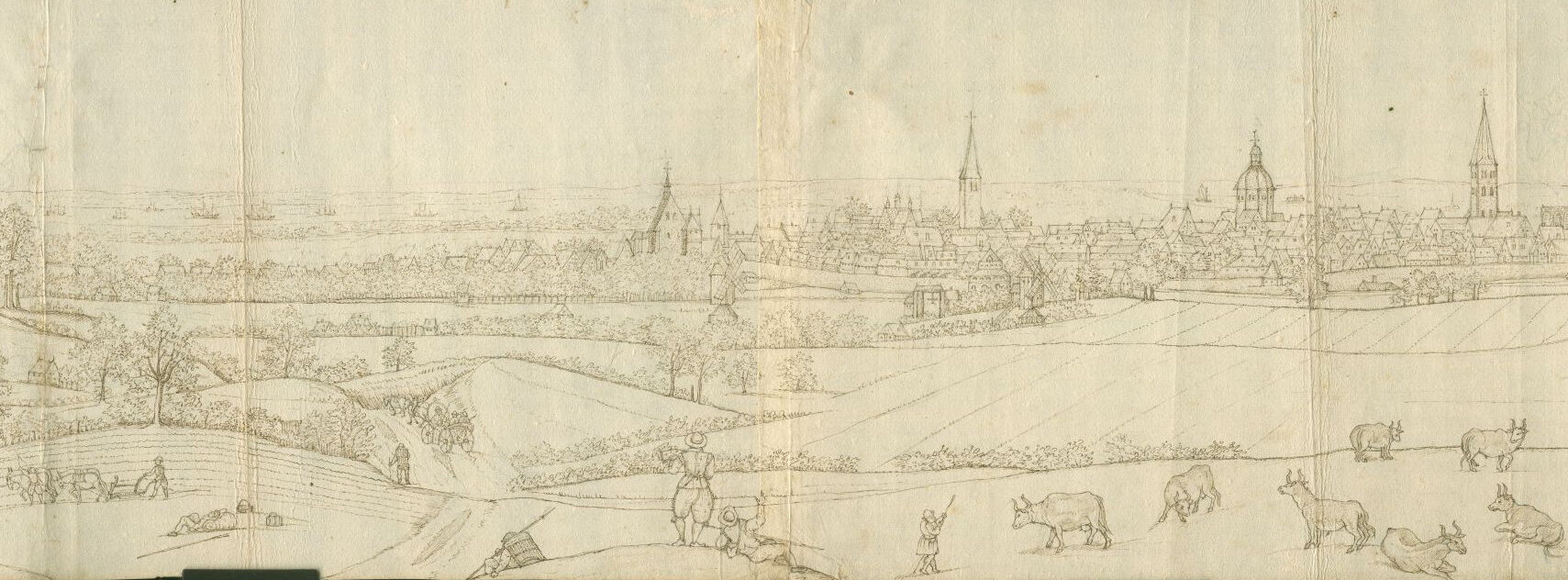What does the working group do?
Since the historical Hanseatic League worked across borders, it is worthwhile to overcome city and country borders in archival work as well in order to get to know or jointly find clever solutions and best practices of colleagues. Possible focus topics for further work include:
- Electronic archiving, long-term storage, audit security, virtual reading room; digitisation, backup filming, presentation on the internet, availability, copyrights
- Restoration, packaging and presentation of documents and records
- Research on the Hanseatic League from the archives, trade and economic history of the Middle Ages and early modern times, everyday life history, transport history, trade routes, brotherhoods, language research,
- Job shadowing, internships, cooperation with archives, guide to Hanseatic research, subject-based inventory, exchange of foreign archive trainees, FAMIS, training
- Films, photos, workshop assistance
- Disaster control, aid networks
Further suggestions for topics and ideas are very welcome!
Overview of meetings of the working group
The program for the meeting of the working group in Gdańsk is:
- Hanseatic Gdańsk. Sources on Hanseatic history in the holdings of the State Archives in Gdańsk
- Conservation in Archiwum Państwowe w Gdańsku (traditional restoration, mechanical conservation)
- Use of archival material in Archiwum Państwowe w Gdańsku (collections, archive locations, database, collections accessible online)
The program for the meeting of the working group in Toruń was as follows:
Dr. Christina Deggim (Stadtarchiv Stade):
Welcome and greeting
Dr. Magdalena Wiśniewska-Drewniak (Institute of History and Archival Science, Faculty of History Nicolaus Copernicus University in Torun, Poland, Instytut Historii i Archiwistyki Wydział Nauk Historycznych, Uniwersytet Mikołaja Kopernika w Toruniu)
“The archival landscape in Poland with a special weight on community archives”
Liene Rokpelne (Valmieras novada pašvaldības, Valmieras muzeja Vēstures nodaļas vadītāja, Direktores vietniece zinātniskajā darbā):
“Power and Legal Practice in Valmiera, 14th-16th centuries. Research and revision of published and unpublished original documents. The Hanseatic example.”
Dr. Dominik Kuhn (Archive of the Hanseatic City of Lübeck):
“Documents on the history of the Hansa as UNESCO-Memory of the World”
This was followed in Neuss in 2022 by a hybrid archive symposium entitled "Libri Civitatum - the backbone of urban history", which presented city book projects from the University of Halle-Wittenberg and the city archives in Neuss and Stade.
For the first time, the working group met online during the International Hanseatic Day in Riga in 2021 for an open exchange of ideas, during which an archive symposium with a thematic focus was proposed.

